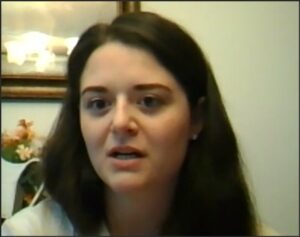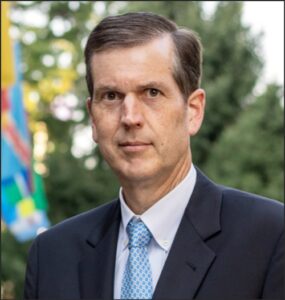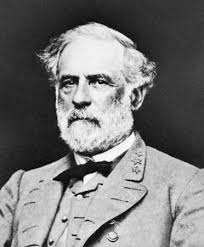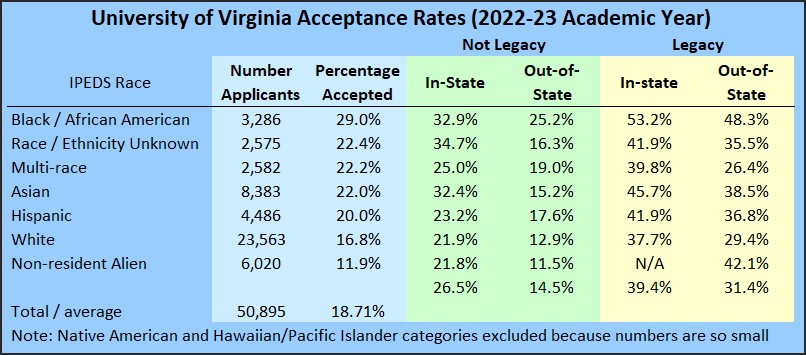
by Walter Smith and James A. Bacon
On March 20, 2022, The Cavalier Daily student newspaper trumpeted the fact that the University of Virginia set a record low acceptance rate, offering slots to only 9,534 applicants, or 19% of the nearly 51,000 total. Of particular note, 52% of the offers went to “students of color” — up from 41% the prior year.
Only a little more than half of students who get accepted to UVa wind up enrolling there, so it’s not known what the ultimate composition of the entering class will be. But it is possible that entering first-year students will comprise the first class in which a majority of students are comprised of racial/ethnic minorities.
That would be no accident. In 2020, UVa recruited a vice provost of admissions, Stephen Farmer, whose most heralded accomplishment at the University of North Carolina-Chapel Hill had been setting records for recruiting first-generation students and students from underrepresented minorities. At the time, UVa’s Racial Equity Task Force had recently articulated the goal of building a student body that “reflects the racial and economic demographics of the Commonwealth of Virginia.”
An analysis of acceptance numbers, provided by the University of Virginia and summarized in the table above, shows that UVa admissions this year clearly favor African-Americans, in-state students, and legacy students. If you are an in-state African-American applicant whose parent is an alumnus, your odds of getting accepted are roughly four times that of an out-of-state White applicant with no family connections. Continue reading


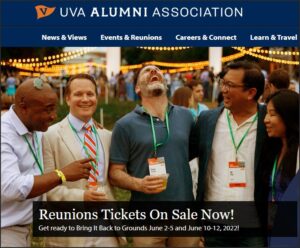
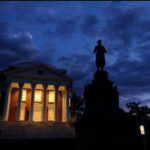 by Ann McLean
by Ann McLean